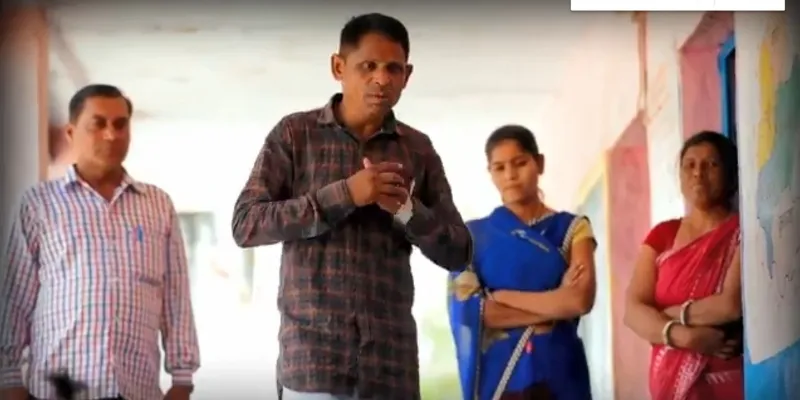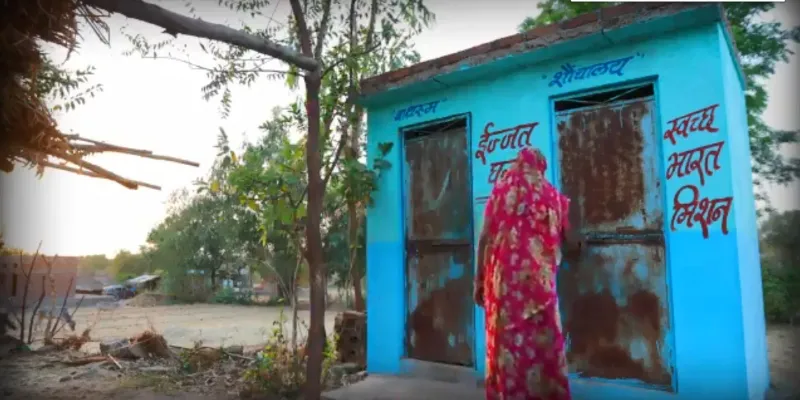Meet the 45-year-old farmer from Rajasthan who built 780 toilets in 35 days to make his village open defecation free
In India, where almost 70 percent of the population resides in rural India, sanitation has been a prime concern. According to latest numbers, 732 million people or 56 percent of the Indian population still have no access to basic sanitation
Under the central government's campaign, Swachh Bharat Abhiyan, 52 million household toilets have been built between October 2014 and November 2017. What remains a constant issue is the mindset of a certain population who still practise the old-age tradition of open defecation.

As part of the Swachh Bharat Abhiyan, 45-year-old Manilal Rana with his team of helpers has built 780 toilets in his village in a span of 35 days. Manilal is also the only swachhagrahi (ambassador of cleanliness) from Rajasthan who was honoured by Prime Minister Narendra Modi at the concluding ceremony of #ChaloChamparan initiative held in Bihar on April 10, 2018.
Manilal Rana hails from Savaniya of Banswada district in Rajasthan. The turning point in his life came during his trips to cities like Ahmedabad in Gujarat and Mumbai in Maharastra, where he discovered that most individuals have got toilets in their households. It was a different scenario in Manilal's village, Savaniya, where people still practised open defecation. He realised the need for toilets in every home of his village, and a plan to execute it.
In a conversation with NDTV, Manilal said,
As soon as a thought was born, I decided to work on it. We had to figure out two things before undertaking any activity – the reason behind lack of toilets and the number of toilets required. For the same, I joined hands with youth and led behavioral change. When we started the campaign, there were some 280 toilets in the village and we had to build over 700 toilets, says Manilal Rana, who already had a toilet at his place.
Before Manilal could put his plan into action, he faced certain challenges that included. lack of awareness and the reluctant attitude of his fellow villagers towards safe hygiene practices. When he tried to sensitize people they would say,
Our forefathers have been defecating in the open, why should we do things any differently? The villagers would also oppose the concept of having a toilet inside the premises of their house stating, ‘We cannot have a kitchen and toilet together.

Later, Manilal began explaining through practical examples. He told them the problems caused due to open defecation, such as diarrhea, housefly breeding, etc. This made it easy for him to push the agenda for an open-defecation free (ODF) village.
The toilets in the village are named izzat ghar (House of dignity). Manilal believes that the toilets guard the dignity of the women of his village, as they need not defecate in the open anymore.
Manilal said,
Slowly and gradually, the whole exercise was turned into a ceremony. Every morning, the Sarpanch and Nigrani Samiti members (supervisors), accompanied by a priest would visit households to mark the laying out of twin-pit toilet construction.
Now, to make sure that the village sustains it ODF status, nigrani (supervision) committees have been appointed at certain areas in the village.
Do you have an interesting story to share? Please write to us at [email protected]. To stay updated with more positive news, please connect with us on Facebook and Twitter







